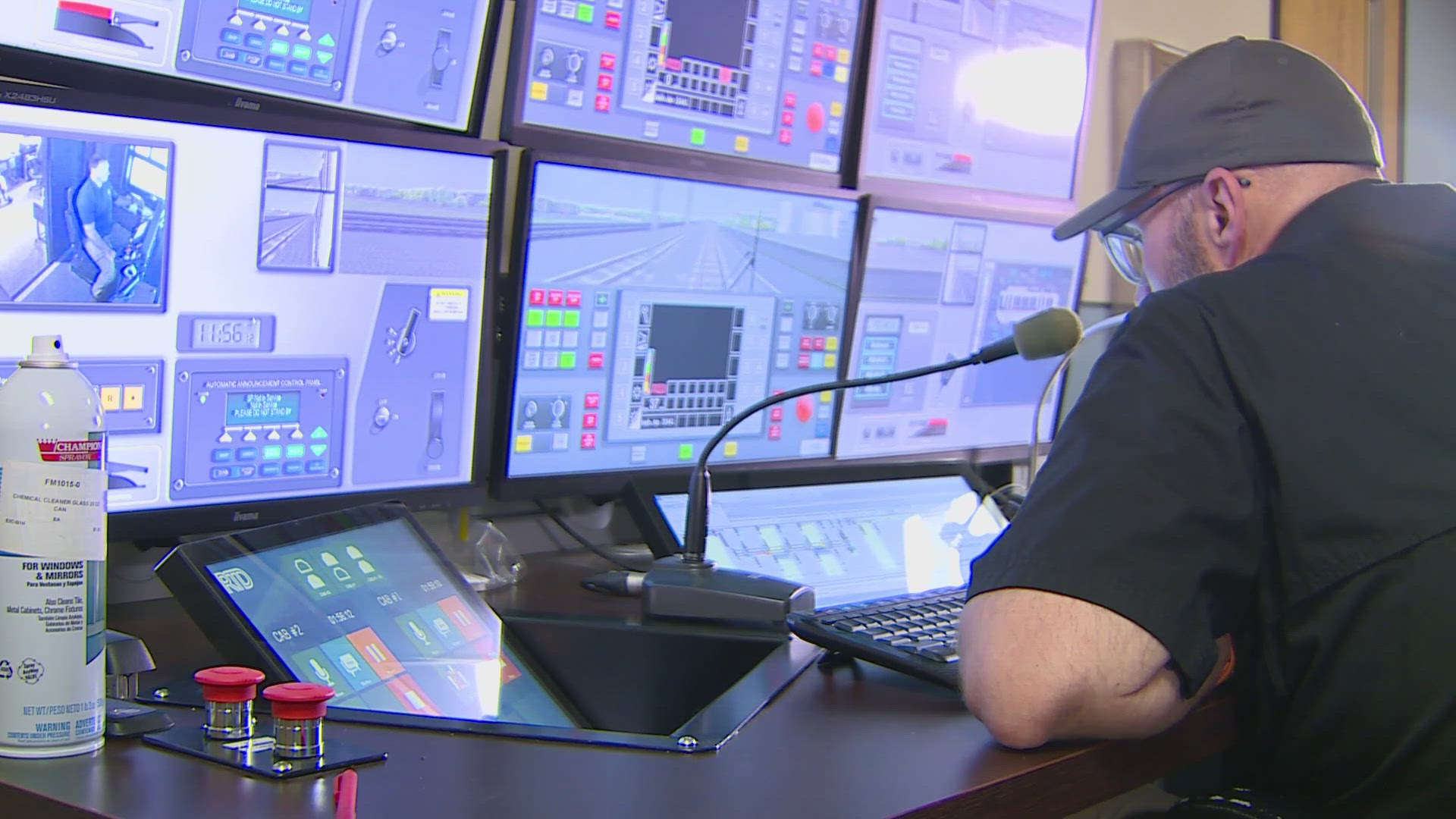The lawsuit alleges that in the five cases officers ignored facts that showed they had the wrong person and that the defendants weren't promptly brought before a judge so they could explain.
One person in the lawsuit spent 26 days in jail before being released. The lawsuit filed Monday names the city and county of Denver, several police officers and a sheriff's deputy.
A message left for city attorney David Fine was not immediately returned.
ACLU attorneys say that Denver policymakers have "knowingly tolerated and turned a blind eye to an unjustifiable risk and frequency of such `mistaken identity' arrests."
All the people named in the lawsuit were arrested or detained between March 2007 and January.
According to the lawsuit, Metro State student Muse Jama, 27, was arrested while studying for a college exam in September on an aggravated auto theft charge filed against a man named Ahmed Alia. That charge was filed in March 2007 while Jama was on spring break in San Diego, the lawsuit said.
Jama told police officers they had the wrong guy, and one police officer expressed doubt that they arrested the right suspect, according to the lawsuit. Jama did not look like the mug shot of Alia, who had a distinct facial scar and a warrant for his arrest after failing to appear in court.
"They called Alia Ahmed and I'm just sitting there," Jama said in an interview with The Associated Press, describing his experience in jail. A guard asked him if he was born in Mogadishu, Somalia, and he answered yes.
That's when he said the guard told him: "They've mixed up with the names. You have to take this name."
"I never knew he would have booked me in under any other name. I didn't notice it until they started calling me Alia Ahmed," Jama said. "I kept telling myself that after they took my fingerprints they would find out right away. But they didn't."
Jama spent eight days in Denver's jail before bonding out, having to answer to the name of Ahmed Alia to receive food and during roll call each night. Family members were unable to visit him the first time they tried because guards said they had no record of Jama at the jail.
Prosecutors asked the judge to dismiss charges against Jama after seeing his mug shot in court.
"The People have a mug shot of the correct defendant in the file. It is obviously not this individual," the lawsuit quotes prosecutors as saying. In dismissing the warrant the judge said: "Our apologies, sir."
After Jama was released from jail, they wrote him a check for $80 under the name of Alia, which Jama couldn't immediately cash. He deposited it in his account and it cleared about a week later.
"I needed the money. I couldn't wait any more," Jama said.
Jama, who is on track to earn his bachelor's degree in 2010, said he's hoping to have his name cleared and his fingerprints removed from court records so he can get a job after graduation.
"I thought they had the perfect system but sometimes things go wrong," said Jama, who has been in the United States 15 years.
Other cases include Jose Ernesto Ibarra, of Denver, who was arrested for outstanding traffic violations then ordered to remain in jail in July 2007 after a law enforcement official confused him with somebody with a different middle name. The lawsuit states that a simple check of photographs or fingerprints could have confirmed the mistaken identity. He was released after 26 days.

